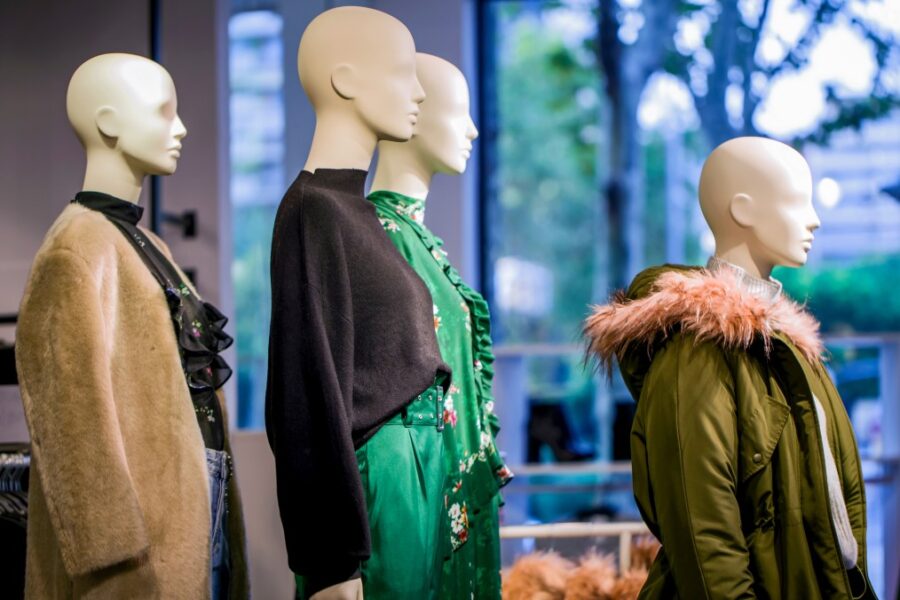Why Retail Therapy Could Be Good for Your Grief
Kelly Willis
It was early September 2011, eight months after my husband passed away, and I was laid low by a gripping bout of grief. You know the kind, when the world seems entirely black and hope is just a four letter word. My usual attempts to deal – stepping up exercise and nutrition, prayer and meditation, allowing myself space to mourn – were having no measurable effect.

So out of the blue one evening, I called a girlfriend and practically bellowed into the phone, “Grab your purse. We’re going out to the new J.Crew. I need some retail therapy.” (We Canadian shoppers had long been anticipating the arrival of J.Crew north of the border with the first store opening just days before!)
A couple of hours later I emerged with a bright purple gingham shirt and cashmere cardigan to match – a few hundred dollars lighter and my spirits appreciably brighter. According to new research by Scott Rick and his colleagues at the University of Michigan, there may be some science behind my elevated mood.

In a series of controlled laboratory experiments, Rick and his research team found that the opportunity to shop reduced levels of sadness in research participants. They theorize that, “sadness, more than any other emotion, is associated with a perceived lack of personal control and the choices inherent in shopping may restore control and reduce residual sadness.” Indeed, in two studies, they found that actively making buying choices helped to reduce residual sadness.
The researchers were also quick to point out that these sadness-reducing effects could not be explained away by other means such as the distraction afforded by buying, the pleasure associated with obtaining a new good, or the possibility that people who choose to buy are fundamentally different than people who choose not to buy. Instead, the benefits of choosing to buy were driven by increased feelings of control.
By contrast, in another experiment, they found that shopping did nothing to alleviate anger or other negative emotions such as guilt; in theory because these are generally associated with a greater sense of human control than sadness. Certainly anger and guilt can also be associated with grief in its various stages so shopping is not a panacea. But the point being that a little retail therapy in modest measure may offer some benefit on those days when we’re feeling just plain sad.
The study did not differentiate by the amount of money spent either – so it stands to reason that a trip to the Dollar Store may be just as rewarding as cruising the racks at Saks. As long as it’s not overdone.

